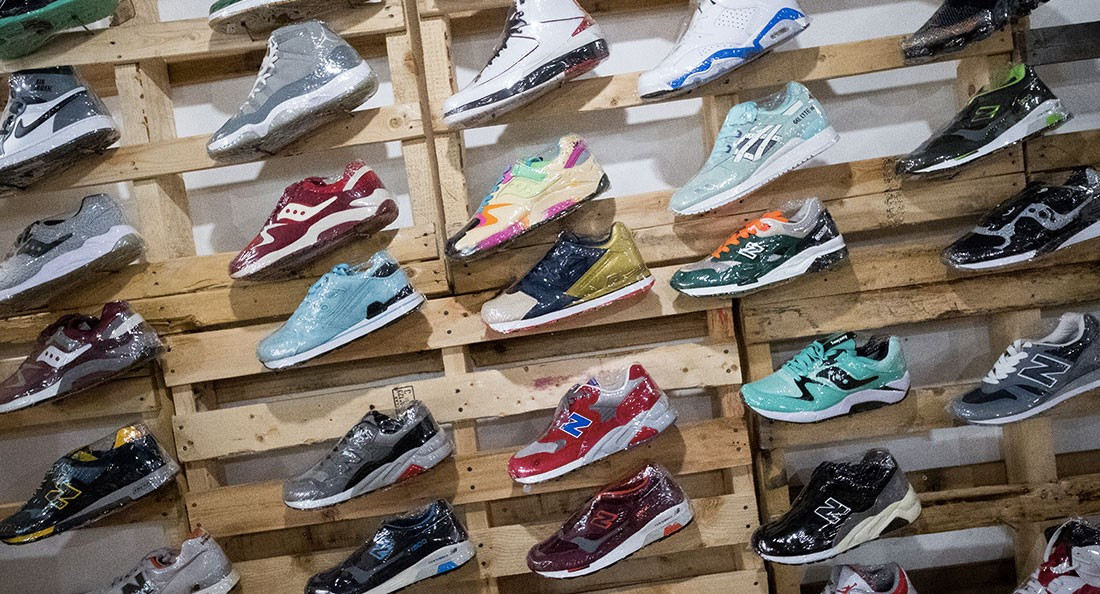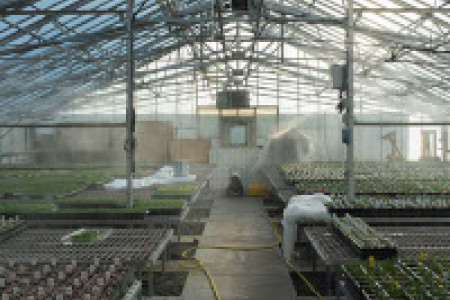Shop vintage
Staying in style without fast fashion
Vintage fashion is undergoing a revival – one that benefits both the closet and the environment.
“People are really digging on vintage just for its fashion-worthiness alone,” Kristin Andrews, owner and curator of Ragpickers, says. “It means that things are getting recycled and pulled from the river of used goods.”
Just a few decades ago, it was common to make one’s own clothing or buy into quality over quantity, just purchasing one new piece per season and paying someone directly to make it, Andrews says. The current Western economic model, however, encourages fast fashion and profit-maximization.
“We’re overproducing clothing. We make far more than we need,” Andrews says. “It’s a shocking volume of clothing that’s produced that’s going to landfill. We’re going through it that quickly.”
Andrews says that consumption encourages cheap and fast fashion, where clothing is often made in countries that don’t have access to unions, safe work environments or child labour laws.
“When you buy the T-shirt that’s made in Bangladesh … you’re buying into questionable labour sources,” Andrews says. “People get a little uncomfortable when you tell them that their T-shirt is connected to something really ugly.”
Vintage and consignment resale is one way to sell and shop more ethically.
For Rachel Poklitar, owner of Nettie + Min, reselling vintage clothing doubles as an artistic endeavour.
“You get to unearth all these treasures and help others find (them),” she says. “It gets things out of the landfill, and the items are more special because they’re more one-of-a-kind … it’s not like you’re going to get it and then toss it away.
“The trends come back every decade or so.”
According to Eric Olek, founder of Friday Knights, a local shop with a consignment sneaker section, reselling challenges consumption models.
“Consignment has been a way for me to get all these super unique and rare shoes without having to have a contract that forces me to buy full sizes runs of shoes that I don’t want,” he says. “(Corporations) do control you in a way.”
“It’s like a thrift shop in the sense that instead of wasting something because you don’t want it anymore, you’re giving it a new life,” Olek says. “I would say it’s an environmentally sustainable model.”
“Adidas hates resellers,” Olek says.
Andrews says that bigger resale stores, such as Value Village, are also important due to the sheer volume of modern production.
“We need the kind of neighbourhood places that do things on a local scale, but we also need those kind of big places that deal with volume, especially in urban centres,” Andrews says.
“As long as we exist with these current production models, we need to have places that can even make a tiny dint in recycling and saving some of this stuff from going to landfills,” Andrews says.
“In my opinion, (recycling is) always good, regardless of where that falls on the capitalist tree.”
Published in Volume 72, Number 16 of The Uniter (February 1, 2018)





